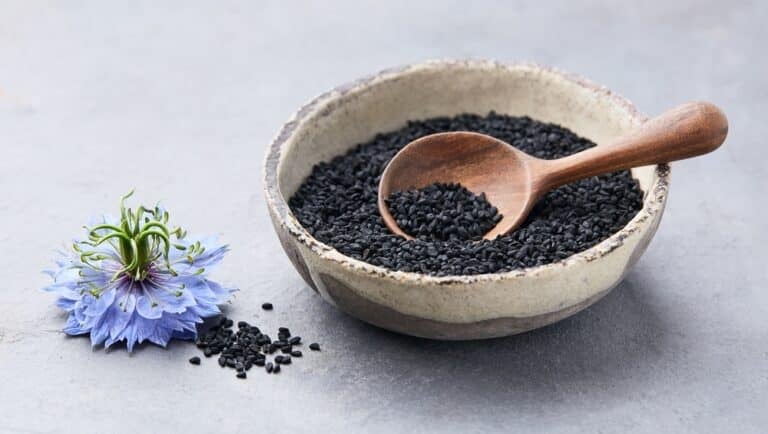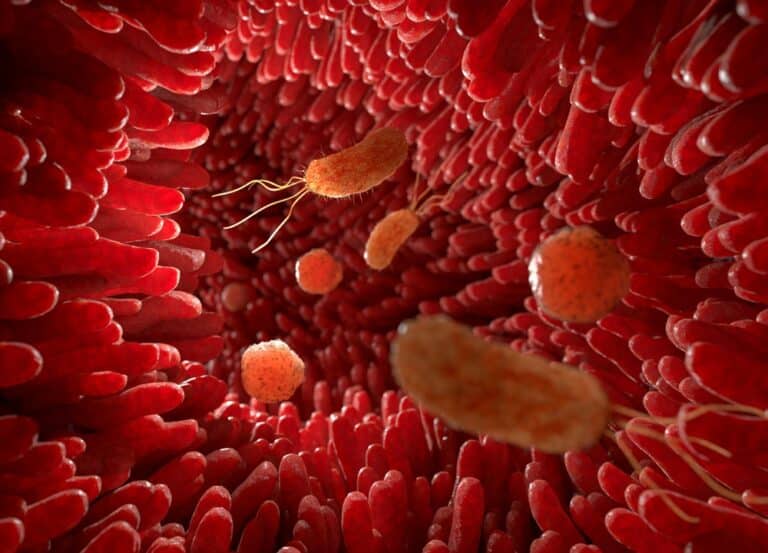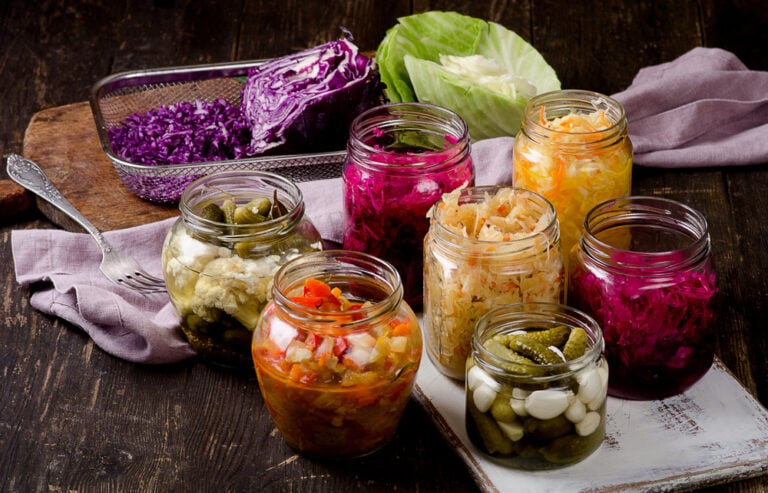Can Kimchi Train Your Immune System? What New Research Reveals
If you think of your immune system as a light switch, either on or off, you’re missing the bigger picture. Your immune system must respond aggressively to threats while avoiding excessive inflammation that can damage your own tissues. That balance is where true immune health lives. Emerging research suggests that a traditional fermented food, kimchi,…






















